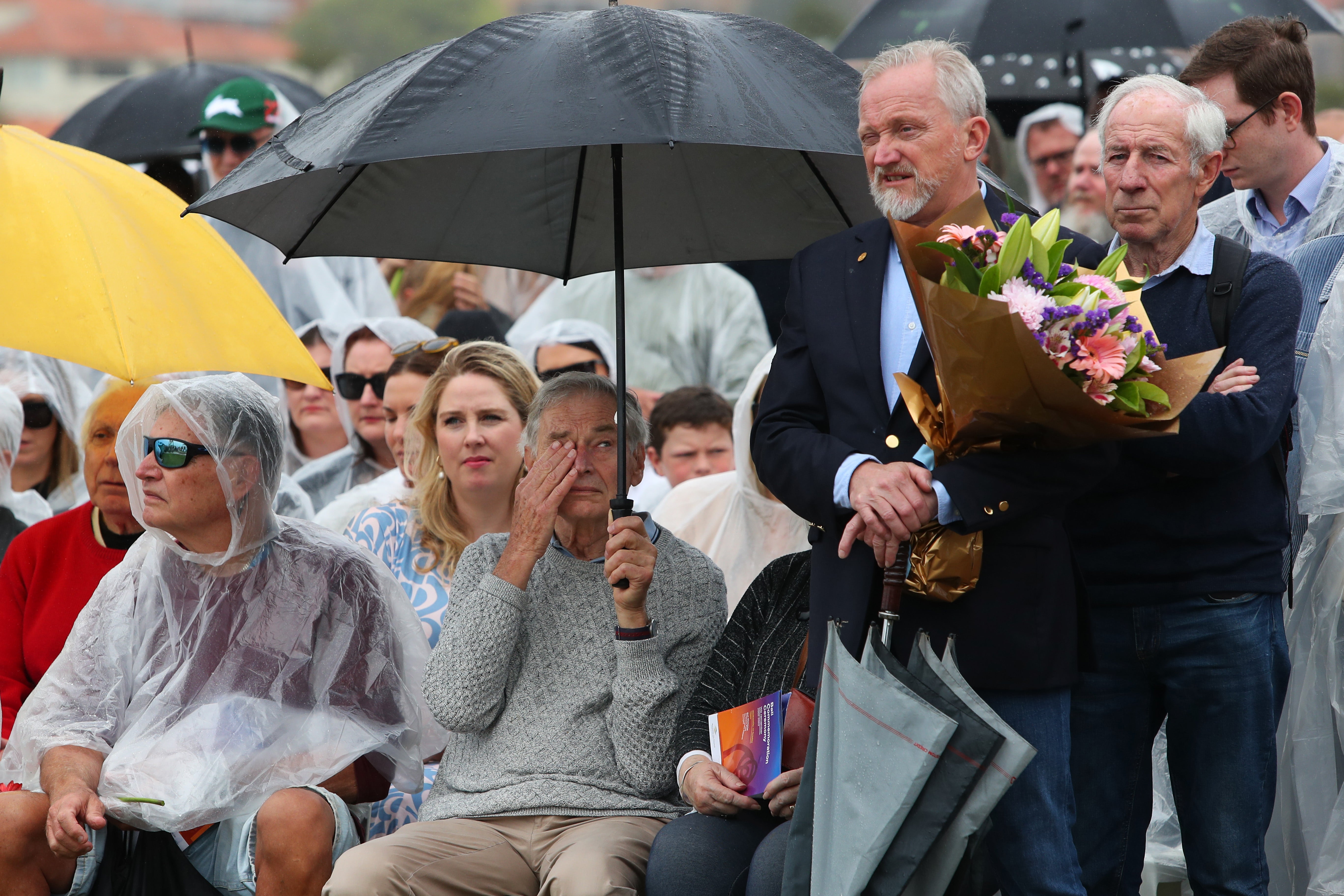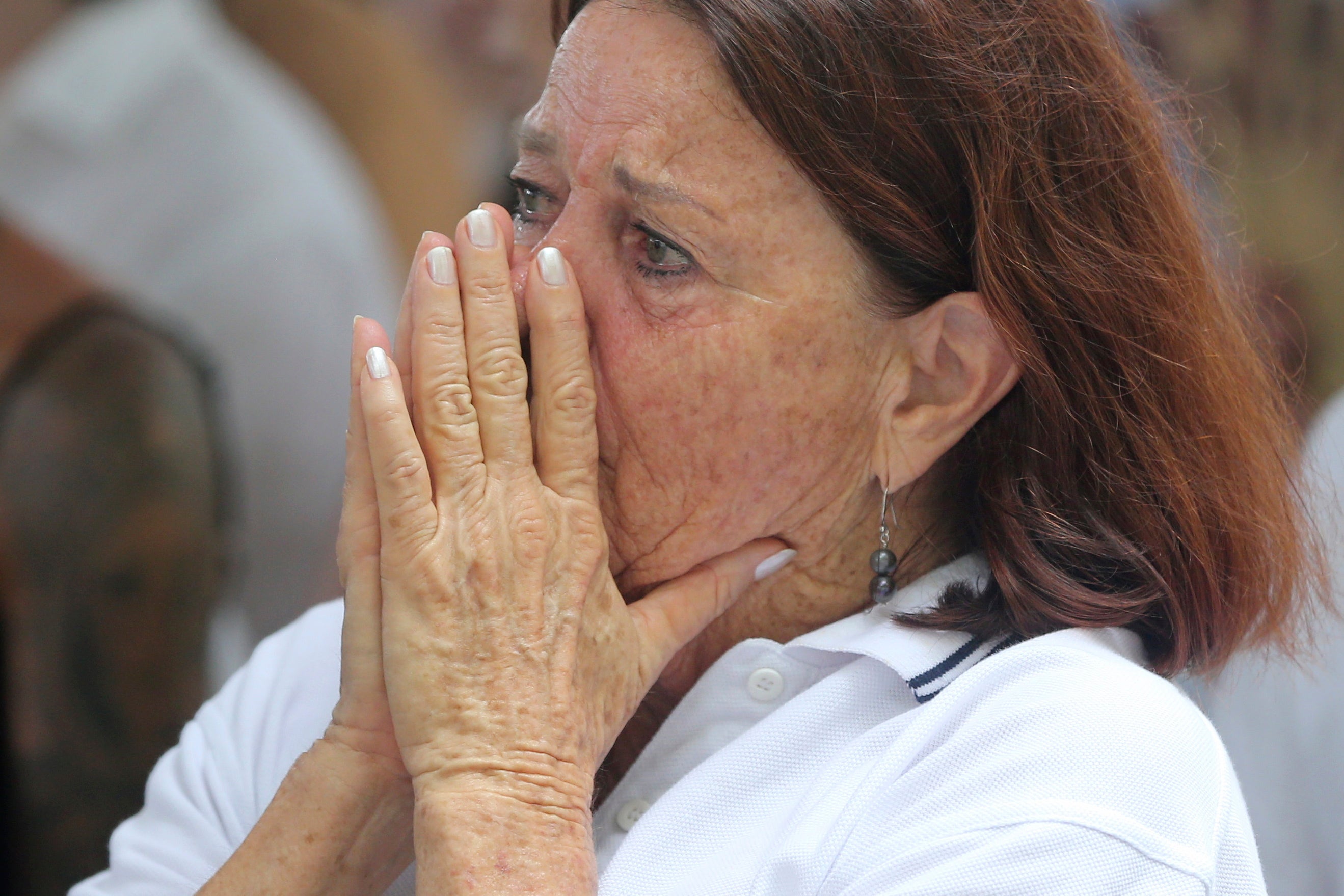Bali bomber’s release after just 10 years in prison sparks anger among families of the 202 victims
Indonesia says Umar Patek has been deradicalised and successfully reformed in prison

Indonesia has sparked outrage after releasing a convicted terrorist and the primary bombmaker for the deadly 2002 Bali bombings after he served just half of his original 20-year prison sentence.
Umar Patek, a leading member of the Al Qaeda-linked Jemaah Islamiyah, was sentenced to 20 years in jail in 2012 after being found guilty of making a car bomb that ripped through two Bali nightclubs.
The attack killed 202 people from 21 nations, including 88 Australian victims, on 12 October 2002 in the deadliest terrorist attack to have struck Indonesia.
The country said Patek, 55, has been deradicalised and successfully reformed in prison. His release will be used as an example to influence other militants to turn away from terrorism, authorities said.
However, his release has sparked outrage in Australia with prime minister Anthony Albanese describing it as “abhorrent”.
The release comes just weeks after the family of the victims gave a tearful tribute to their loved ones at the 20th anniversary of the bombings in Bali as well as Australia.
The Australian government said Australians would be “deeply hurt” by the decision of president Joko Widodo’s administration. The statement added that it “sought assurances from the Indonesian government that he will be subject to ongoing supervision and monitoring”.

“Today our thoughts are with the victims and survivors of the Bali bombings and their families,” a spokesperson for the Australian Department of Foreign Affairs and Trade said.
Patek, whose real name is Hisyam bin Alizein, was escorted from Porong prison in East Java province by the National Police’s counterterrorism squad to his family home in Surabaya at 8am on Wednesday.
“He is obliged to follow the office’s guidance and must not commit any violence to keep his parole,” said Rika Aprianti, a spokesperson for the Corrections Department at the justice ministry.
“If he makes any violations during his parole period – then he will return to his cell,” she said.

Patek recieved a total 33 months of sentence reductions, often given to prisoners on major holidays for good behavior.
The West Jakarta district court found him guilty in the bombing, concluding that he played an important role in building a car bomb that was detonated at Sari Club in Kuta, moments after a smaller bomb in a backpack was detonated by a suicide bomber in the nearby Paddy’s Pub nightclub.
Peter Hughes, a bomb survivor, lamented Patek’s release and said it is fanciful to think he had been deradicalised.
“There’s no chance of him actually being turned around,” Mr Hughes told ABC.
“How could he be [de-radicalised]? This guy was a mastermind that set this all up along with people like [Abu Bakar] Bashir and many others.
“For him to be let out, it’s laughable.”
Australia’s Home Affairs minister Clare O’Neil called Patek’s release an “absolutely horrible day for the victims of the Bali Bombings”.
“I think all Australians should be thinking today of those families [who lost loved ones],” she said at the National Press Club, adding that the Bali tragedy is “the worst terrorist incident in Australian history”.
Patek was on the run for nine years after the attacks and was labelled one of Asia’s most-wanted terrorist suspects as police searched for him.
During his trial, he expressed remorse and admitted to helping make the bombs, but said did not know how they would be used. He was spared the death sentence after he issued broad apologies, including to the victims’ families and helped the police in the case.






Join our commenting forum
Join thought-provoking conversations, follow other Independent readers and see their replies
Comments